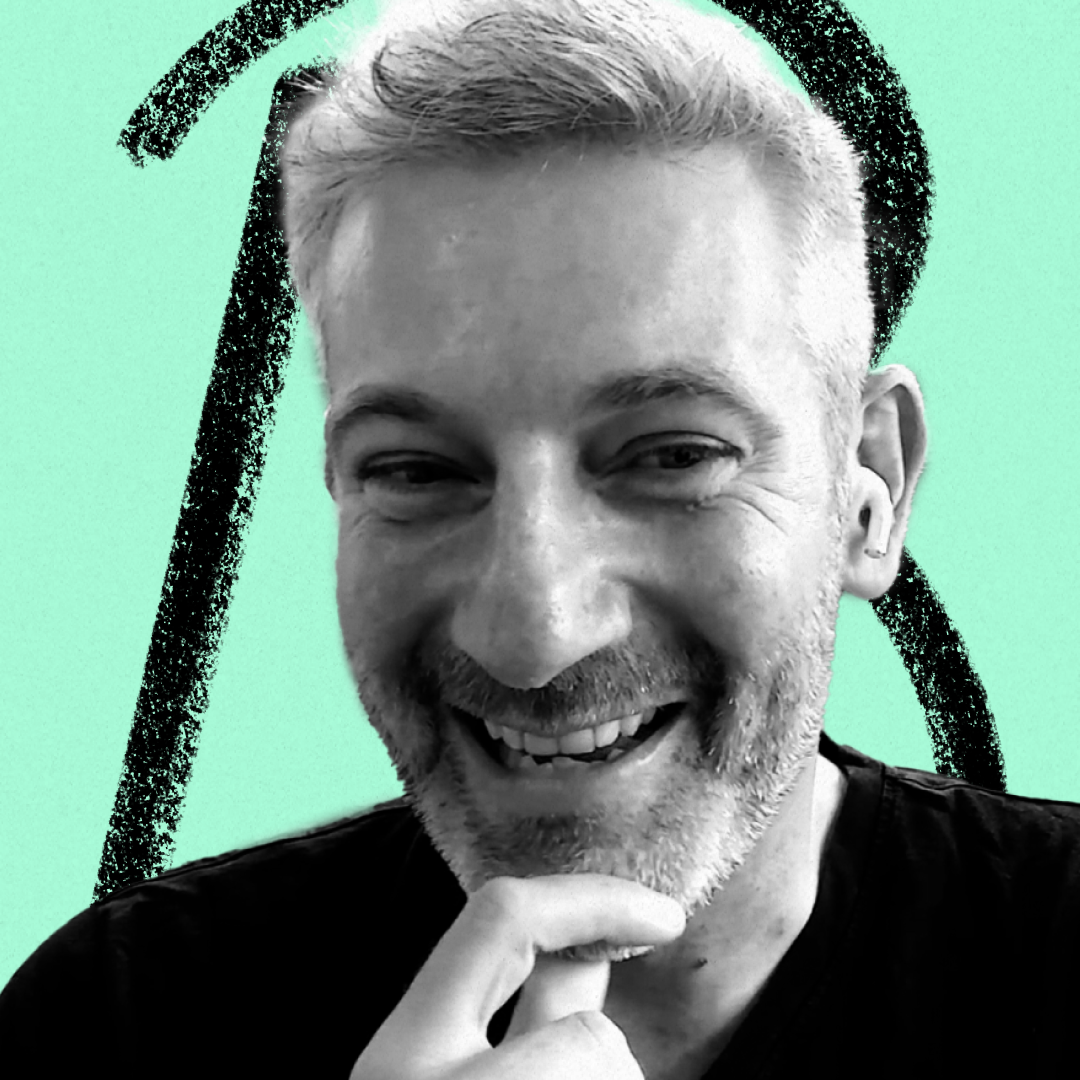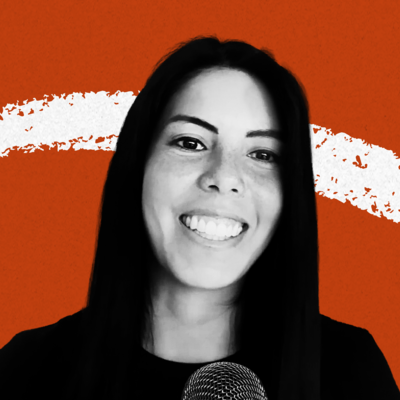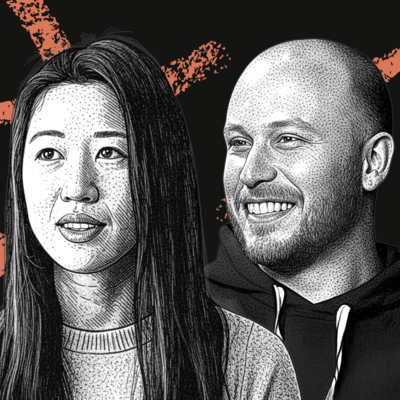
TL;DR: Today we’re releasing a new episode of our podcast AI & I. I go in depth with Dr. Bradley Love, a professor of cognitive and decision sciences in experimental psychology at University College London and one of the builders of BrainGPT, an LLM focused on assisting neuroscientific research. We dive into how AI is changing the way we do science by making predictions about the future. Watch on X or YouTube, or listen on Spotify or Apple Podcasts.
Science is broken—and Dr. Bradley Love thinks AI might just fix it.
The problem with science is that it’s always been conducted in siloes. Let’s break this down with an example from the science closest to us, the science of our bodies.
Imagine you’re suffering from an unnatural hankering for high-calorie, sugary, greasy food. Your endocrinologist would peg it to chronically high cortisol levels. Your gastroenterologist would blame your gut microbiome. A neuroscientist might study your hypothalamus, and your therapist might link it to seasonal depression.
Of course, we all know that reality is much more complicated than any one of these singular explanations. But experts are unable to see the forest for the trees. Understandably so. The human brain is unable to fathom—let alone process—the complex nature of reality.
AI doesn’t have these limitations. It can process large amounts of data across different domains, find patterns in it—and predict what will come next.
Dr. Love is putting this idea into practice as one of the creators of BrainGPT, an LLM that helps people conduct neuroscientific research. While most LLMs are good at looking back on information we already have, excelling at tasks like summarizing, BrainGPT is laser-focused on the future. The LLM capitalizes on AI’s ability to process large chunks of information to find patterns and make predictions about new situations.
The Only Subscription
You Need to
Stay at the
Edge of AI
The essential toolkit for those shaping the future
"This might be the best value you
can get from an AI subscription."
- Jay S.
Join 100,000+ leaders, builders, and innovators

Email address
Already have an account? Sign in
What is included in a subscription?
Daily insights from AI pioneers + early access to powerful AI tools








.22.19_AM.png)
Comments
Don't have an account? Sign up!
don't forget journalism as one place students really get to be trained on asking right questions